Let’s Crack your Door’s Secret. Imagine walking into a stylishly furnished home with the perfect décor, luxury furniture, and high-end appliances but an old or compromised door lock. The sense of security is immediately lost. Today, in these times, choosing what type of lock door is just as vital as your home decor or remodeling. Whether looking for reliable types of door locks with pictures to compare your options or need a technical knowledge base regarding variations of locks, some knowledge about the correct system for each door is essential to security and convenience. From deadbolts of yesteryears to smart locks, the market offers a lot of locks intended for use in internal doors, front doors, patios, and even insurance-authorised security levels. In this blog, we will cover all types of door locks, features, advantages, and best use-cases to help you choose the best one for your home or business.
Internal Door Lock Types
The choice of a proper lock door for indoor use can make a big impact regarding comfort and security. Internal doors do not necessarily need the same top-level protection as the front entrance but, for privacy, ease, and hassle-free, require the proper type of lock.
For bedroom, bathroom, office, or storage, there are various internal door locks in styles to cater to specific needs. Let us examine some of the most sought-after ones.
Padlocks

Padlocks are as old as the earliest times and one of the most ubiquitous forms of door locks. They are not stationary but can be moved around, thus easily being hooked and unhooked from hasps, chains, or lockers.
There are keyed and combination locking types, thus, they can be adopted as a handy utility for securing storage areas, cupboards, garden sheds, or even in-house rooms that do not require an immovable locking mechanism.
One of the greatest advantages of padlocks is their affordability and ease of replacement. If the key gets lost or the lock gets damaged, it is cheap and easy to replace a padlock compared to replacing an installed lock system.
Combination padlocks, in particular, eliminate keys altogether, which is convenient for such spaces as offices or student accommodation. Both keyed and combination configurations can be had and are convenient as well as easy to replace if they are lost or damaged.
Knob Locks

A bathroom knob lock enables one to lock the door from inside while still providing an emergency release at the outside, ensuring safety against accidents. These types of door locks are attractive and come in numerous finishes and styles to suit different interior décors. They are also easy to use and easy to turn or twist to open the door.
Lever Handle Locks
Lever handle locks are a combination of form and function. Most also have built-in locking mechanisms, which allow you to lock rooms via key or push-button operation.
In terms of security, lever handle locks can be adapted to a range of needs. Privacy models are best for bedrooms and bathrooms, and keyed models provide that extra layer of security for storage or home offices.
With their strength and contemporary look, they have emerged as the top choice for upgrading interior door hardware in homes and offices.

Smart Locks for Internal Doors
Smart technology isn’t for entrance doors alone anymore; it’s also changing how we lock interior doors. Another significant advantage is tracking and monitoring. A majority of digital door lock systems keep a record of who enters and when, something that is particularly useful in rentals or companies.
Smart locks may cost more than traditional knob or lever locks, although their combination of modern design, convenience, and enhanced security makes them an excellent choice for interior doors in the technological era.
Privacy Locks
Privacy locks are the first choice for bedrooms and bathrooms. They usually consist of an easy push-button or turn mechanism inside and an emergency release slot on the outside.
They provide adequate privacy without compromising safety at the time of emergencies.
Main Door Lock Types
Main door locks are the first line of defense for home security. They are essential to get the correct type of lock door here to safeguard your family.
Deadbolt Locks

Deadbolts are among the most secure and strongest locks available for outside doors. They cannot be quickly forced open like spring locks. Deadbolts are available in single-cylinder (key on one side) and double-cylinder (key on both sides) versions with different security levels.
Mortise Locks

Mortise locks are the most prevalent locks in conventional UK homes and high-quality doors. The locks are installed in a door recess and are extremely resilient. They have a lever handle and more than a single locking point, which makes them more secure compared to ordinary locks.
Smart Locks for Main Doors
Not only do smart locks improve security, but they also bring modern convenience to your front door. The majority of them have auto-locking, notification for tampering, as well as records for activities so you are always in the know whenever someone gets into the house.
For insurance-approved UK homes, there are also some smart locks nowadays that not only meet British Standards certificates but provide a fine balance of protection and convenience.
Rim Locks

Rim locks, like rim cylinder locks, are installed on the surface of the door rather than in it. They are most commonly paired with night latches to add an extra layer of security. Not the strongest on their own, they provide an excellent second layer of defense.
Cam locks

Cam locks are little but extremely useful forms of door locks employed most frequently in furniture, cabinets, mailboxes, lockers, and storage compartments rather than ordinary doors.
A cam lock is installed by driving the round body into a hole and securing it with a nut. When installed, the cam (the metal rod) turns behind the surface to hold the door, drawer, or lid firmly.
These types of door locks have a variety of Options. They deliver keys alike (all keys unlock one key), keyed differently, and even combinations. While cam locks do not typically appear on main doors or security areas, they perform a crucial role in guarding treasures within shared storage spaces.
For example, a homeowner might use cam locks to secure a file cabinet with confidential documents, and companies usually install them into office machinery, tracking boxes, or display cases.
Multipoint locks
Multipoint locks are commonly found on uPVC and composite doors. They lock at multiple points on the frame, typically the top, middle, and bottom, with one key turn.
It is a great forceful entry defense system and is highly recommended for front or back doors.

Types of Door Locks for Insurance
When choosing a lock door model utilized for insurance, it’s important to employ models that have security approval from insurers. Here are some good examples.
BS 3621 Certified Locks

BS 3621 is the British Standard for Insurance Company Approved Locks. Those locks bearing this approval ensure that they’ve been subjected to picking tests, drilling, and forced attempts. One of the most trusted security approvals within the UK, it’s very much advised.
Five-Lever Mortise Locks

Generally required by insurers, five-lever mortise locks are fitted inside the door and are stronger than standard locks. They require a key in and out, providing more resistance to being tampered with.
Smart Locks with Insurance Compliance

As smart technology continues to become more mainstream, some smart locks are now insurance compliant. Such smart locks pair digital convenience with traditional strength, combining new and approved security.
Multi-Point Locking Systems

A few insurance policies recommend or even require multi-point locks for added security. Since they lock at more than one point simultaneously, they provide additional resistance against common burglary practices.
Types of Door Locks UK: Front Door Security Options
UK front doors have different security needs depending on the type of property and location. We will explain about these types of door locks in the following.
Single- and Double-Cylinder Deadbolts

The double-cylinder is more secure but can be hazardous in case of an emergency when one misplaces the key.
Smart Locks for UK Homes

UK smart locks for home are gaining popularity for enhanced security and convenience. Wi-Fi or Bluetooth models are mostly preferred by UK homeowners, which support features of auto-locking, guest codes, and integration with smart homes.
Night Latches

Night latches, also referred to as “Yale locks,” are common in UK homes. They are secure when the door is closed but are unlockable by a knob from within. For maximum protection, they are usually paired with a deadbolt.
Keyless Entry Systems
Electronic parts of keyless entry systems make them reliant upon power supply or battery; thus, periodic servicing is needed.
Parts of Door Locks
Types of Door Locks UK: Patio and Sliding Door Locks
Sliding and patio doors require a special kind of lock to prevent forced entry without compromising functionality.
Sliding Door Mortise Locks

They are constructed within the sliding door and join the frame when locked. They are stronger than surface-mounts and provide a neat, hidden appearance.
Smart Locks for Patio Doors

Remotely controlled and real-time monitored smart patio door locks exist. Others have sensors to notify the owner if the door remains unlocked, offering extra security.
Surface-Mounted Patio Locks

These surface-mount directly on the patio door. They are inexpensive and simple to install but can be used only as a secondary lock.
Key-Operated Security Bolts
Security bolts add extra strength to patio doors. They are installed at the top or bottom and opened using a key to offer maximum protection against burglars.

Popular Types of Door Locks UK for Home Upgrades
Home upgrades typically entail the improvement of security systems to keep pace with modern day living.
Bluetooth and Wi-Fi Smart Locks

They are especially useful for home owners who engage in regular traveling or manage rental properties.
Euro Cylinder Locks
Euro cylinder locks are normally fitted on UK uPVC and composite doors. They come in single, double, and thumb-turn models. However, standard models are vulnerable to “lock snapping,” and hence it is recommended that one uses anti-snap models.
Anti-Snap Cylinder Locks

Utilized to resist lock snapping, these sophisticated cylinders are highly recommended on new houses. They are also extensively preferred by insurance companies to be used on external doors.
Electronic Keypad Locks

Instead of keys, these locks take a numeric keypad for access. They are ideal for families and firms where multiple users require access without sacrificing physical keys.
Electronic Locks

Electronic locks are highly secure but do depend upon electricity or batteries. Check out these features to understand the electronic locks better:
- Programmable Access: It allows many users with their own personal codes or credentials, which can be easily added or deleted.
- Integration with Smart Systems: Some electronic locks may be integrated with smart home or building management systems for easy control.
- Security Alerts: Some models include tamper alert or auto-lockout after a few failed attempts.
- Current Design: Narrower profiles that accommodate contemporary doors and decor.
- Audit Trails: Advanced systems can have tracking of who entered and when, so they would be convenient for surveillance
best commercial electronic door lock
Conclusion
Now that you have an understanding of the types of door locks with pictures and their applications, you are in a better position to make the most suitable choice for your property.
From simple internal privacy locks to advanced smart ones with insurance-grade quality, each type of lock door is designed to serve a particular purpose. The ideal choice not only provides security but also convenience, comfort, and peace of mind. Choose one of Simpled door locks to experience a safe and secure lifestyle without any locking trouble.
FAQ
How do privacy locks work?
Privacy locks are designed for interior doors, such as bathroom or bedroom doors, allowing users to lock and unlock the door easily while maintaining privacy.
What is the difference between mortise locks and rim locks?
Mortise locks are installed within the door and offer strong security, while rim locks are mounted on the surface and are easier to install but less secure.
Do smart locks comply with insurance requirements?
Some smart locks, particularly those with additional security features, meet the standards required by insurance companies, but it’s important to check individual policy requirements.
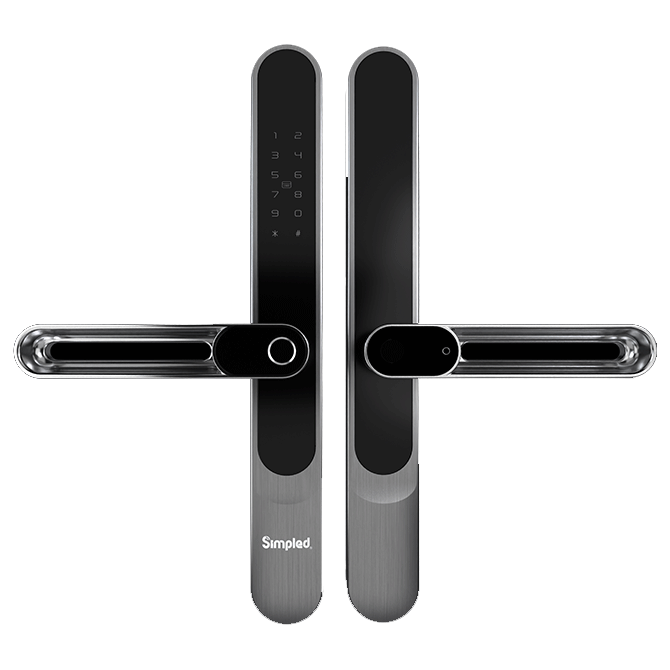
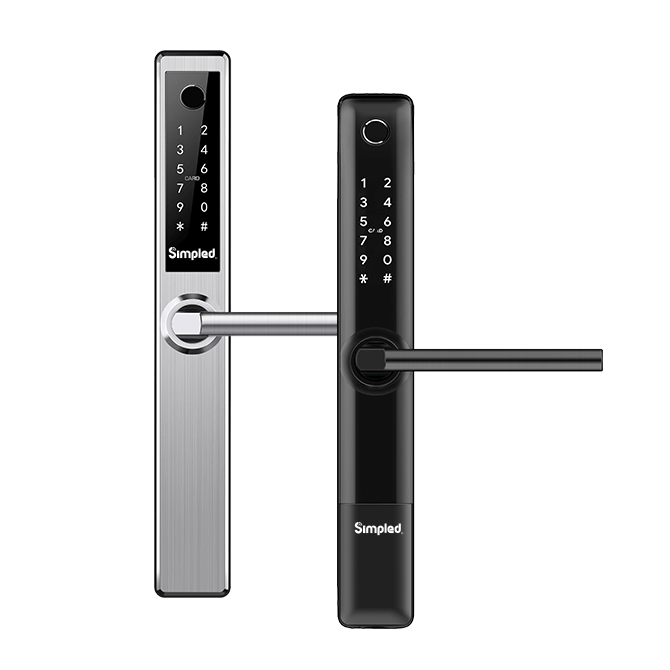


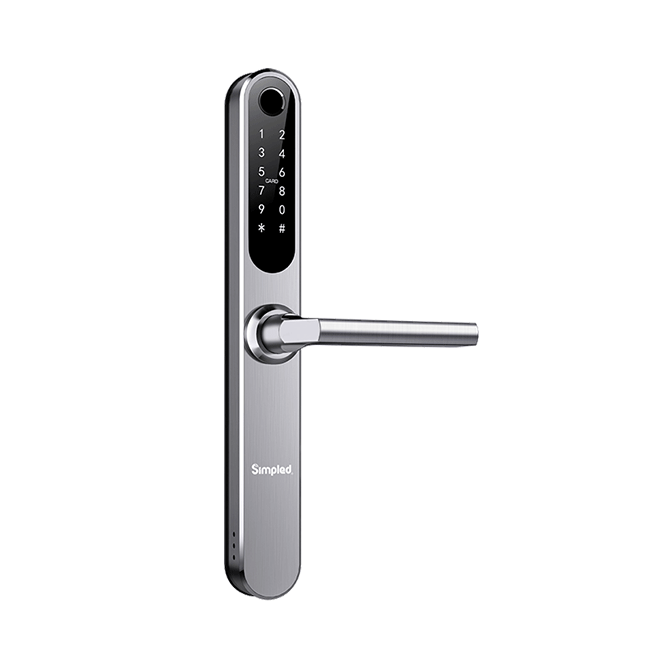
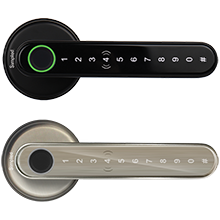
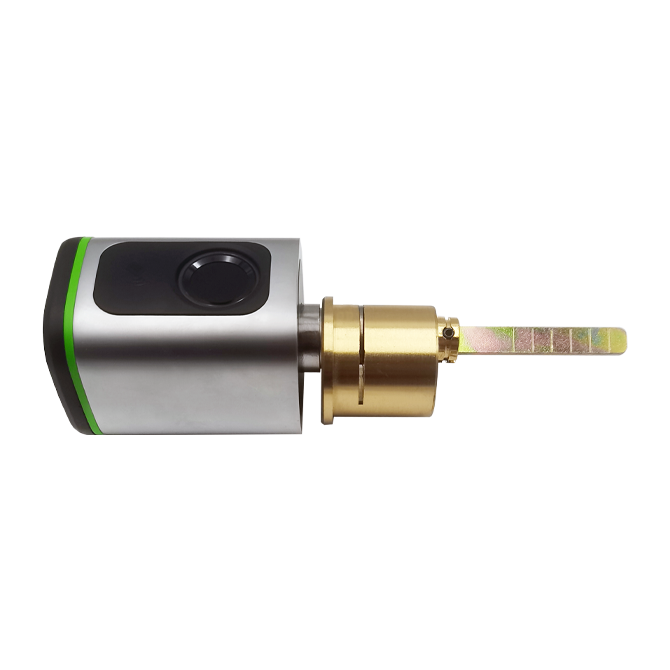
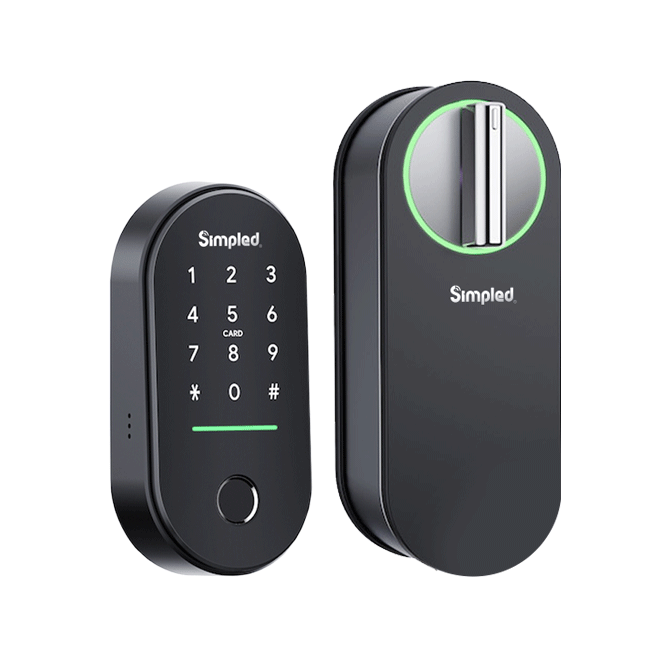
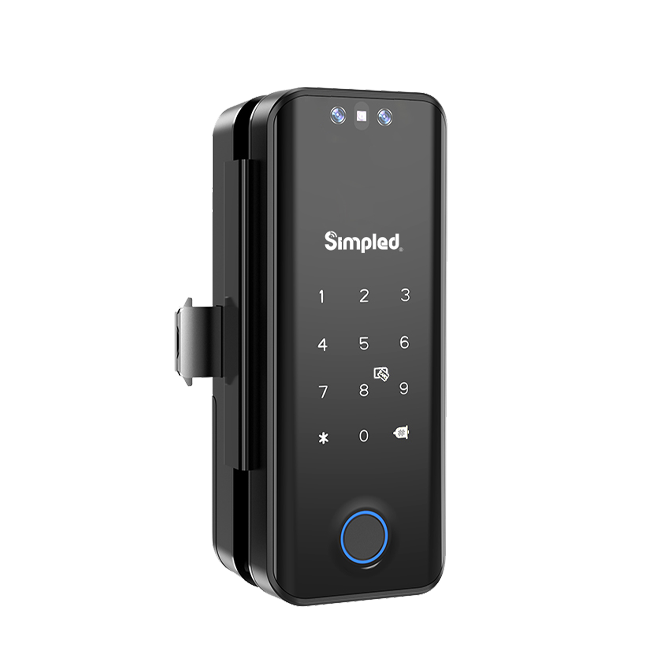

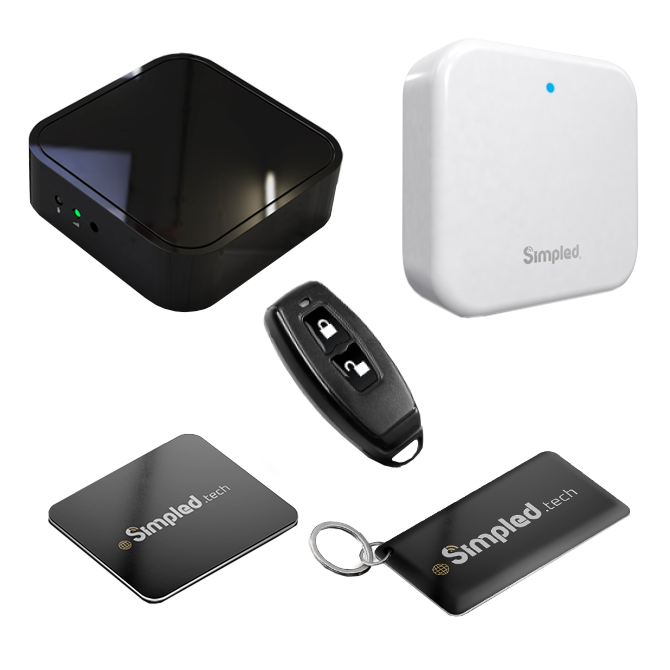


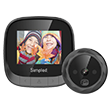
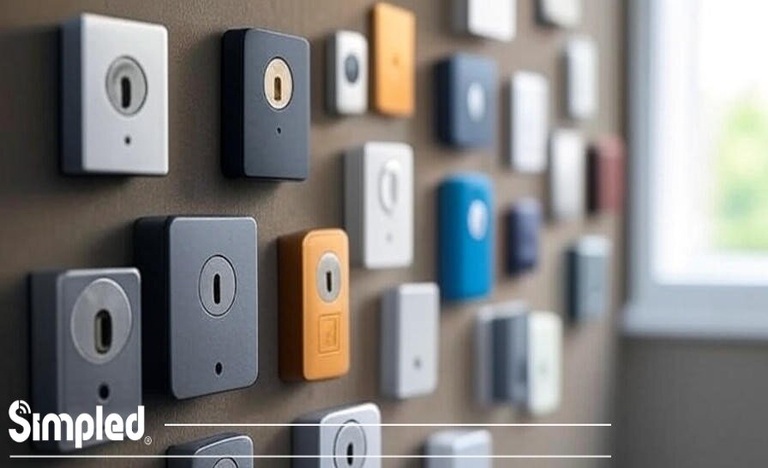
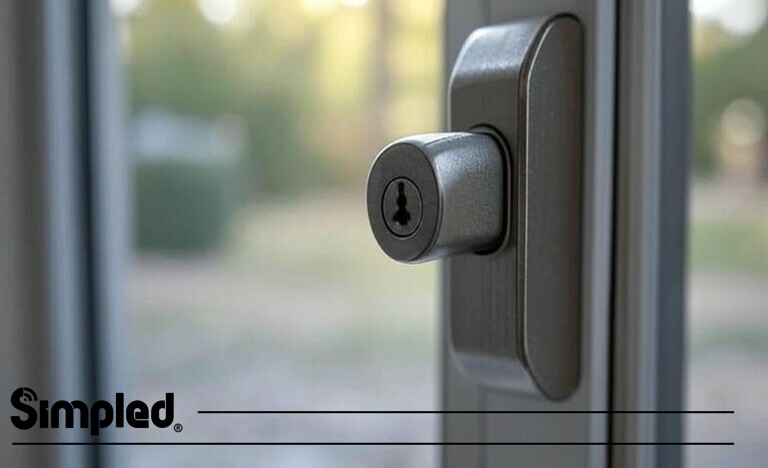
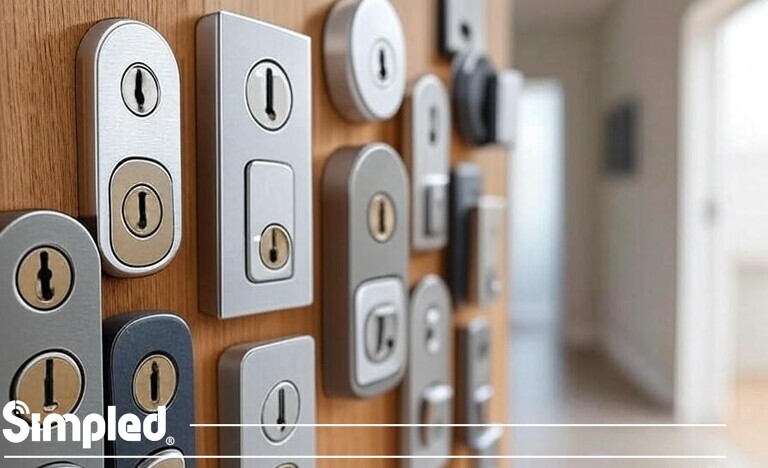
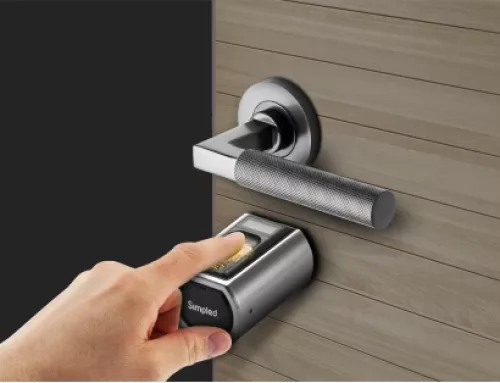
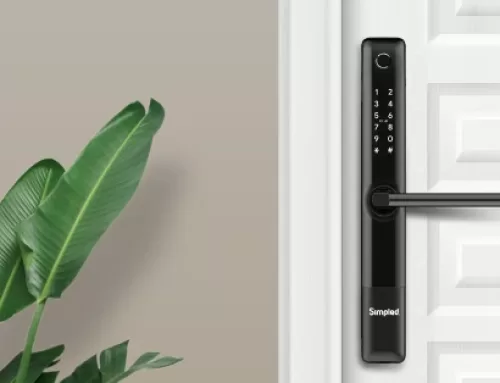
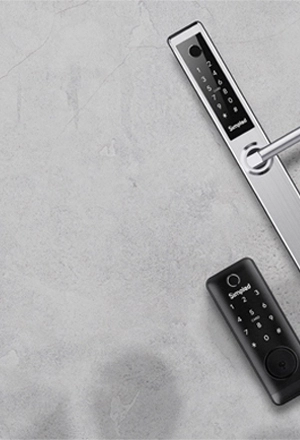
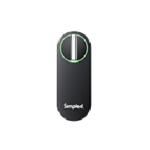
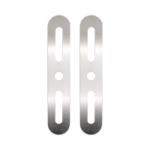
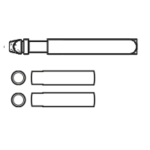
Leave A Comment